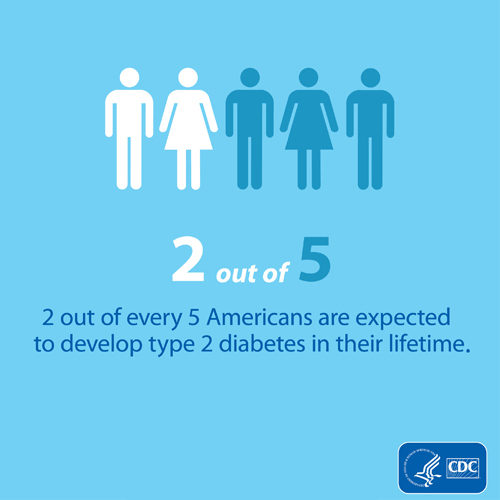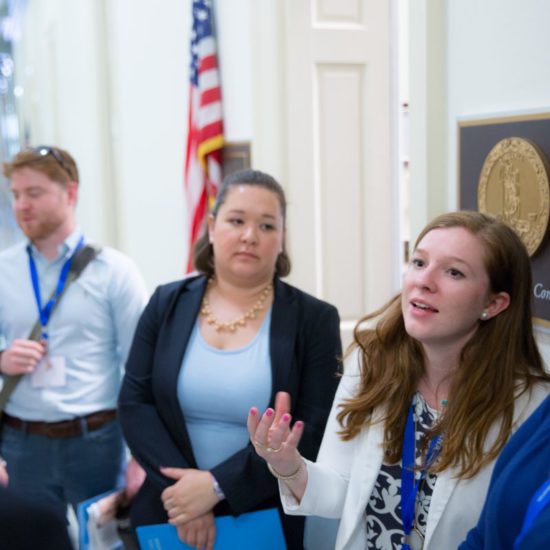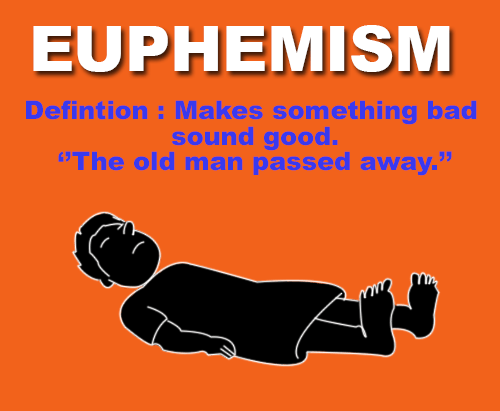I just got off the phone with a Republican Congressman’s office who is supportive of the new bill to repeal and replace the Affordable Care Act (ACA). I told him that this was change for the sake of change, given that he and other Republicans had promised voters to repeal and replace Obamacare. But it would result in increasing the number of people who are uninsured and driving up health care costs again.
One example that I gave him is getting very little attention. The bill would eliminate the mandate for certain employers to provide health insurance to their employees or face a penalty tax. Actually, it would reduce the penalty to zero, thus essentially eliminating the mandate. More people will find themselves without health insurance and will need to find coverage in the private market.
The bill also eliminates the individual mandate for people to have insurance coverage or pay a penalty. This requirement has not been popular but is an essential component of the approach to extend health coverage to all in an affordable way. If the only people in the market are those with substantial health problems that require a lot of care, the cost of their insurance will become prohibitive unless we spread the risk among all in the population, including those who don’t need much health care right now, but may in the future.
In addition, those who try to but insurance will no longer provide premium supports if they are low income and can’t afford the cost of the insurance. Insurance premiums have risen for a number of reasons but recall that the Republicans insisted on eliminating the public option in the health exchanges, thus reducing competition for insurers to keep down their costs. So people will go without.
And the much-touted preservation of the requirement that insurers offer insurance to all who want it, including those with pre-existing conditions, has an important caveat. The requirement will continue under the new plan, as long as people do not have a break in coverage for more than one month. Who is likely to have a break in coverage longer than one month? Someone who lost their job and can’t afford the cost of the premium while unemployed. So the poor are most likely to suffer from this caveat.
Sara Rosenbaum recently explained why the bill’s approach to Medicaid will shift financial risk to the states, many of which will be unable to continue to provide Medicaid to all who qualify today or will have to reduce the Medicaid benefits dramatically.
There are other aspects of this legislation that are designed to cripple what the ACA has accomplished in terms of improved coverage and other parts of the law that aren’t included in the Ryan bill. These other parts do not have direct budgetary implications so cannot be addressed through the budget reconciliation process. The Republicans are using this process to repeal the ACA because it only requires a majority vote for passage, as opposed to 60 votes in the Senate for regular legislation.
The Republicans have reported that they intend to move the bills in each house for a floor vote as quickly as possible, perhaps bypassing hearings in committee and not waiting for the Congressional Budget Office’s analysis of the financial impact of the bill.It’s important that nurses, physicians and other health care providers share their experiences with what the ACA has done to increase access to care and what is likely to happen if it is repealed.
I talked with the Congressman’s staffer about the need to refine the ACA. It’s not a perfect law and needs work. But let’s amend it and refine it rather than repeal and replace it with something that will undermine our goals of increasing coverage, increasing access to care, and reducing health care costs. If we go back to sending more people to the ER for their care, we will only have sicker people and higher health care costs.








